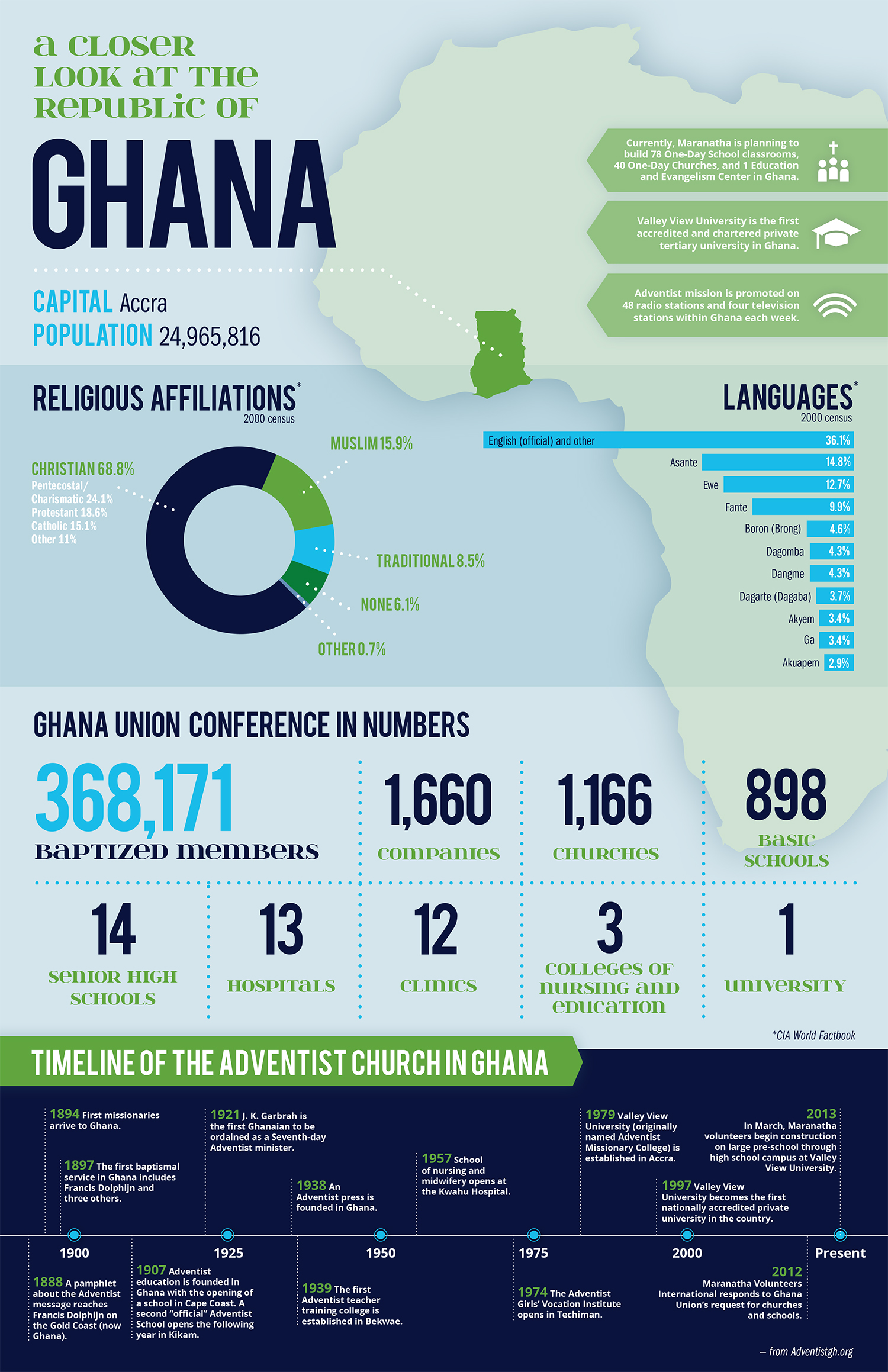Examining The Deep-Rooted History And Relentless Influence Of Catholic Schools Worldwide
Examining The Deep-Rooted History And Relentless Influence Of Catholic Schools Worldwide
Blog Article
Short Article Writer-Sheehan Cleveland
When you consider the background of education and learning, Catholic schools stand apart for their deep-rooted customs and lasting influence. These establishments began as a means to infuse confidence and worths, however they've adjusted remarkably over centuries. Today, they play an essential role fit not simply academic success yet likewise moral integrity. What's fascinating is just how they have actually managed to prosper among changing cultural landscapes, raising questions concerning their future significance and impact.
The Beginnings of Catholic Education: A Historical Viewpoint
Catholic education and learning traces its origins back over 1,500 years, when very early Christian areas identified the demand for structured knowing. You'll discover that these communities aimed to hand down their faith and worths through education.
Monasteries and cathedral schools ended up being centers of understanding, supporting both spiritual and intellectual development. As you dig much deeper, you'll see that the curriculum commonly consisted of philosophy, theology, and the liberal arts, developed to develop versatile individuals.
In Read the Full Document , the Church developed more official organizations, making certain that education stayed obtainable to all. The commitment to training moral values and cultivating a sense of area has persisted via the centuries, shaping the educational landscape and affecting countless lives worldwide.
This long-lasting tradition remains to motivate Catholic education and learning today.
The Advancement of Catholic Schools Through Cultural Contexts
As cultures progressed, so did the role of Catholic institutions, adjusting to the social contexts in which they existed. In the early years, these institutions concentrated mostly on spiritual guideline, but as neighborhoods diversified, they started to incorporate regional languages, personalizeds, and instructional needs.
https://postheaven.net/sidney7refugio/5-reasons-why-parents-choose-catholic-schools-for-their-childrens-education would certainly notice that Catholic schools typically became facilities for social cohesion, cultivating a feeling of belonging among students from different histories. In many regions, they addressed societal concerns, such as hardship and discrimination, by providing easily accessible education for all.
As you check out various cultures, you'll see exactly how Catholic institutions have actually moved their educational program and mentor techniques, showing the values and difficulties of their environments while remaining true to their foundational goal of faith and academic excellence.
The Modern Role and Effect of Catholic Schools in Society
In today's world, Catholic schools play an essential function fit not simply the instructional landscape, however additionally the wider neighborhood.
You'll locate that these establishments emphasize worths like respect, concern, and social justice, promoting all-around people who add favorably to society. By focusing on scholastic quality and ethical development, Catholic colleges prepare trainees for future difficulties, nurturing crucial thinking and management skills.
They frequently serve varied populations, connecting gaps in accessibility to quality education and learning. In addition, you might observe their dedication to service, urging students to take part in community outreach and volunteer job.
This mix of education and moral assistance makes Catholic schools a considerable pressure, cultivating responsible people that can affect their neighborhoods right.
Final thought
In conclusion, Catholic schools have a rich history that's formed their long-lasting effect on culture. You've seen just how they've adjusted to different cultural contexts while maintaining a dedication to belief, worths, and academic quality. Today, they continue to play a vital duty in cultivating neighborhood, promoting social justice, and nurturing responsible citizens. As you assess their heritage, it's clear that Catholic institutions remain a powerful force for favorable change worldwide.
